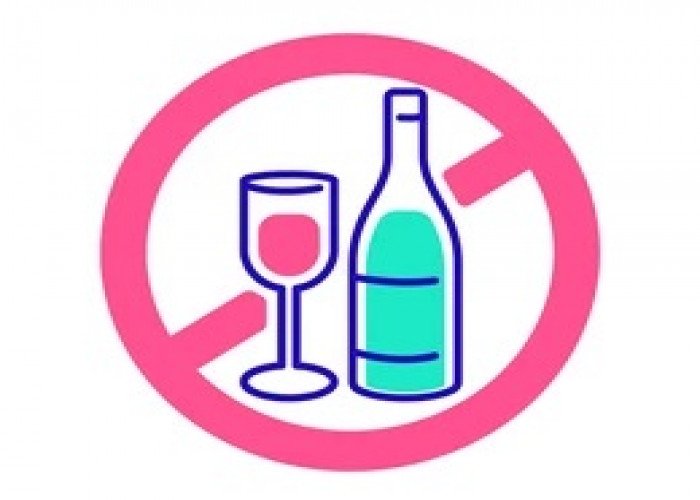 Welcome
Welcome
“May all be happy, may all be healed, may all be at peace and may no one ever suffer."
Alcohol intolerance
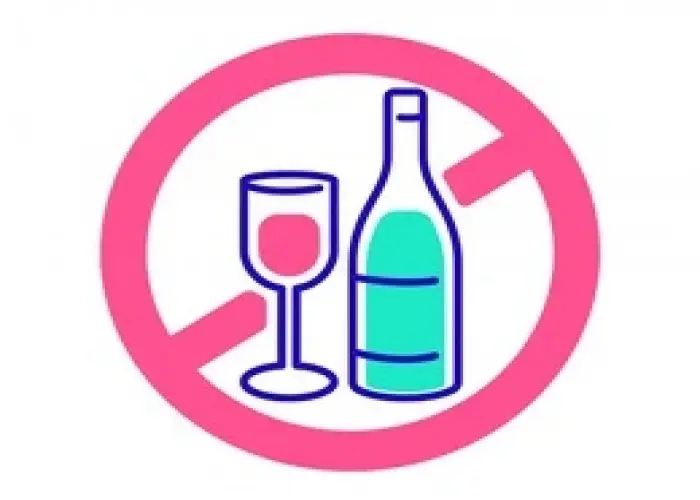
Alcohol intolerance refers to the body's inability to properly metabolize alcohol, resulting in symptoms after drinking even small amounts of alcohol.
The most common cause of alcohol intolerance is a deficiency of an enzyme called alcohol dehydrogenase (ADH), which is responsible for breaking down alcohol in the liver. People who are deficient in ADH may experience symptoms such as flushing (redness and warmth of the skin), headache, nausea, vomiting, rapid heartbeat, and low blood pressure after drinking even small amounts of alcohol.
Other causes of alcohol intolerance may include:
- An allergy to one of the ingredients in alcohol, such as yeast, hops, or sulfites
- Certain medications can interact with alcohol and cause symptoms
- Genetic factors, such as being of East Asian descent, increase the risk of developing a flushing reaction after drinking alcohol
If you suspect that you have alcohol intolerance, it's important to speak with a doctor for a proper diagnosis and treatment plan. Treatment may include avoiding alcohol, taking antihistamines or other medications to reduce symptoms, or adjusting the dose of any medications you may be taking.
If you have a severe reaction to alcohol or have trouble breathing, seek immediate medical attention as it could be a sign of a more serious condition.
Research Papers
Disease Signs and Symptoms
- Flushing, itching or hives
- Runny nose
- Low blood pressure (hypotension)
- Nausea or vomiting
- Diarrhea
- Alcohol intolerance
Disease Causes
Disease Prevents
Alcohol intolerance
Unfortunately, nothing can prevent reactions to alcohol or ingredients in alcoholic beverages. To avoid a reaction, avoid alcohol or the particular substance that causes your reaction.
Read beverage labels to see whether they contain ingredients or additives you know cause a reaction, such as sulfites or certain grains. Be aware, however, that labels might not list all ingredients.
Disease Treatments
The only way to avoid alcohol intolerance symptoms or an allergic reaction is to avoid alcohol or the particular beverage or ingredients that cause the problem. For a minor reaction, over-the-counter or prescription antihistamines might help reduce symptoms, such as itching or hives.
Disease Diagnoses
Disease Allopathic Generics
Disease Ayurvedic Generics
Disease Homeopathic Generics
Disease yoga
Alcohol intolerance and Learn More about Diseases
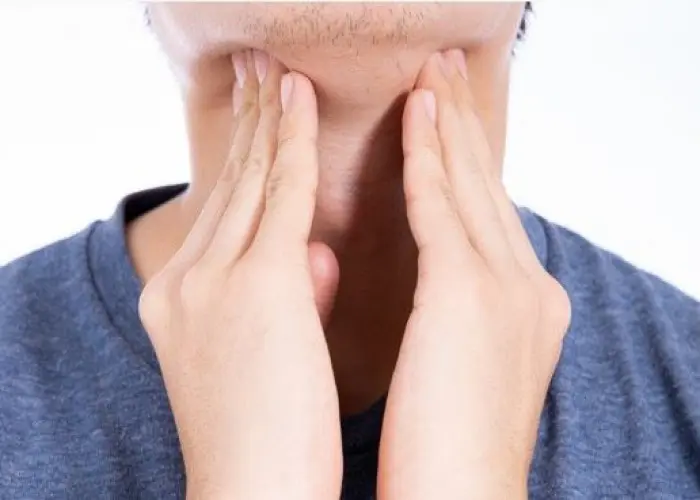
Hypothyroidism (underactive thyroid)

Attention-deficit/hyperactivity disorder (ADHD) in children
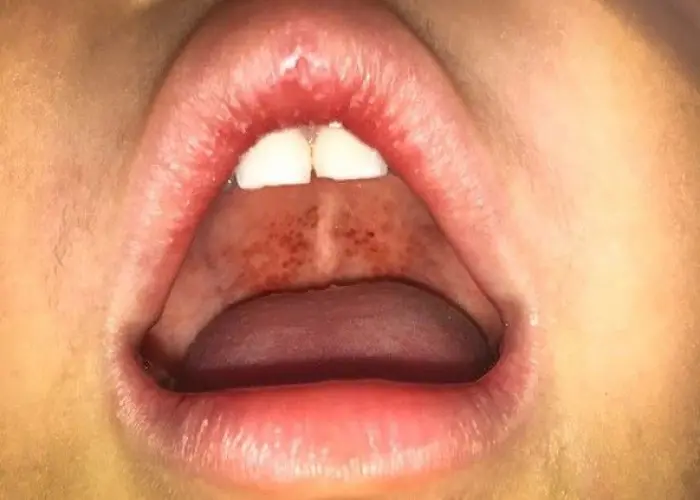
Diphtheria

Croup
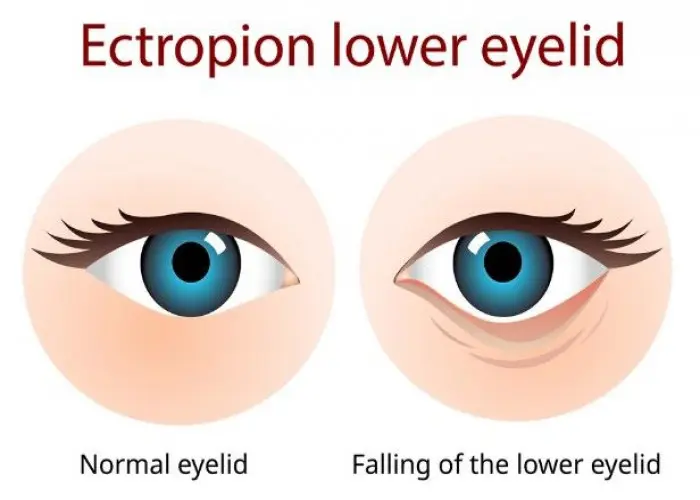
Ectropion
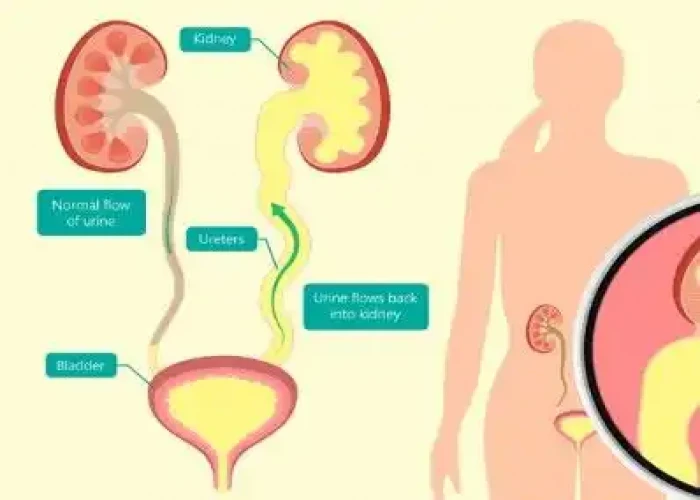
Vesicoureteral reflux
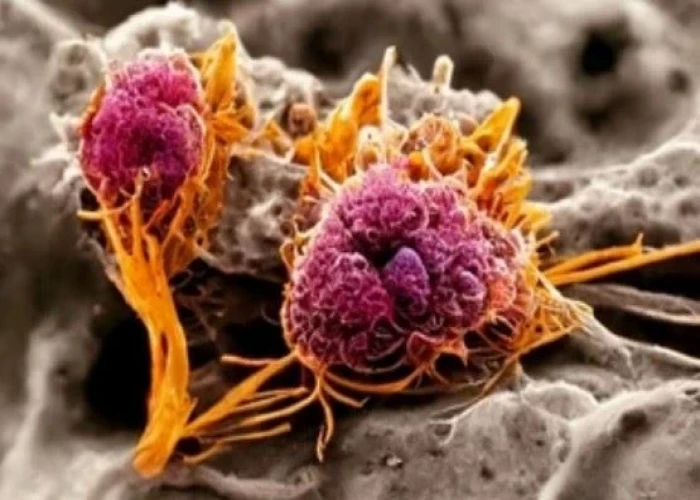
Merkel cell carcinoma

Botulism
Alcohol intolerance, Alcohol allergy, Alcohol intolerance symptoms, অ্যালকোহল অসহিষ্ণুতা
To be happy, beautiful, healthy, wealthy, hale and long-lived stay with DM3S.
